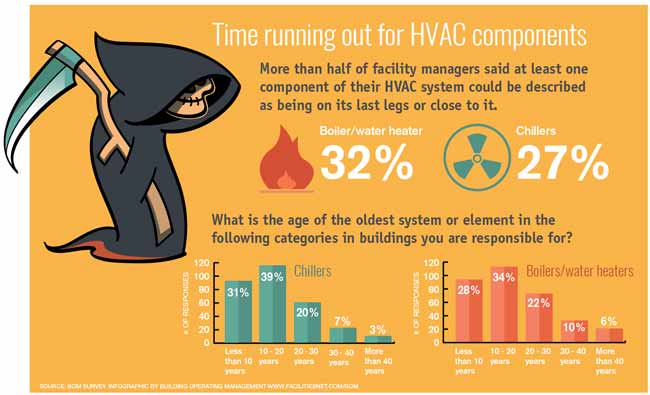Heat Pump Vs Heating System - Which Is The Better Heating Option For Your Home?
Heat Pump Vs Heating System - Which Is The Better Heating Option For Your Home?
Blog Article
Writer-Ashworth Rose
Many home owners are familiar with heaters, which warmth homes with oil or natural gas and press hot air through ductwork. They are relatively low-cost and can give dependable heating even during a wintertime power failure.
Nevertheless, they make use of fossil fuels and produce carbon monoxide gas and various other air pollution. They additionally aren't as energy-efficient as a high-efficiency heatpump.
Price
Generally, heatpump are more budget friendly to run than furnaces. They typically utilize power and cooling agent to essence heat from exterior air, and then transfer it into your home. You can capitalize on less expensive electrical energy rates during off-peak hours to even more reduce your home heating expenses.
Unlike heatpump, gas or wood-burning furnaces utilize combustion to create warm, producing flue gases right into the atmosphere that can be unsafe to your health and wellness. These heating systems are additionally much less energy-efficient than heatpump, and their greater operating costs can accumulate gradually.
Heaters are extra complex than heatpump and need regular maintenance to guarantee the proper feature of all components. Regardless of this, they often tend to last longer than heat pumps with a normal life-span of 20 years or even more. Nonetheless, you'll require to consider the price of gas, gas oil or timber and the extra tools needed for installation and operation such as ducts and air flow systems.
Energy Efficiency
Heat pumps have a higher energy performance rating than heaters. These systems utilize electricity to scavenge warm from the air, also in freezing temperatures. They can also remove excess heat from the home during warmer months and reuse it to cool down the system. Provider specialists can help you identify the most effective design for your home based on climate and source power costs.
Heaters burn gas oil, gas, gas or other types of nonrenewable fuel source to heat up the air in the home. This air is after that spread through ductwork using a big follower. Furnaces create greenhouse gases and require routine maintenance and tools upgrades to guarantee risk-free operation.
The largest benefit of a furnace is that it can be run even in extreme winter months problems due to the fact that it does not rely on exterior temperature levels to heat the air. Furnaces likewise have a longer life-span than heat pumps and commonly last 15 years. They can also be coupled with dual gas options, which select the most effective home heating option based on the climate.
https://www1.nyc.gov/site/em/about/press-releases/20210714_pr_nycem_health-advise-new-yorkers-to-beat-the-heat.page in moderate climates and utilize less resource power than heaters. However, if your region is incredibly cold, you might require to invest in a standard gas heating system rather.
Heating systems offer warm, comfortable warm and typically use quick home heating to increase interior temperatures. These systems can be utilized with a variety of fuel types, including gas, propane, oil or electricity.
lossnay ventilation system take in more energy than heat pumps-- as much as 3x as much-- and call for ductwork that's costly to set up or retrofit. They're also much more expensive to keep, as they can trigger air high quality problems and create greenhouse gas discharges.
If you're committed to reducing your carbon impact, a heatpump is a good option for your home. They have fewer greenhouse gas exhausts than heating systems, especially if you select a power CELEBRITY ® heat pump. heat pump prices christchurch can discuss the distinctions between these 2 heating systems and help you make the most effective choice for your distinct demands.
Individual Preferences
Furnaces can be extremely power reliable when powered by gas, propane or oil, but they aren't as power reliable as heat pumps in freezing environments. They can likewise be a lot more expensive to mount, needing gas lines and air flow systems.
However, https://air-conditioner-dealers-n98776.madmouseblog.com/9782550/the-ultimate-guide-to-comprehending-warmth-pumps-exactly-how-do-they-work tend to require less upkeep, which can lead to lower continuous expenses. They produce less greenhouse gases and are more reliable than heatpump throughout severe weather condition.
Electric heat pumps are much more functional in producing interior comfort since they can also act as a/c unit during warmer months. They can be more convenient to preserve, needing just routine air filter modifications and periodic vacuuming.
If you prefer the ease of a single system that does it all, consider a hybrid heating solution that sets a heater with an electrical heat pump. These systems can instantly switch between both heating options based on your home's demands and temperature level problems, taking full advantage of performance and cost savings.